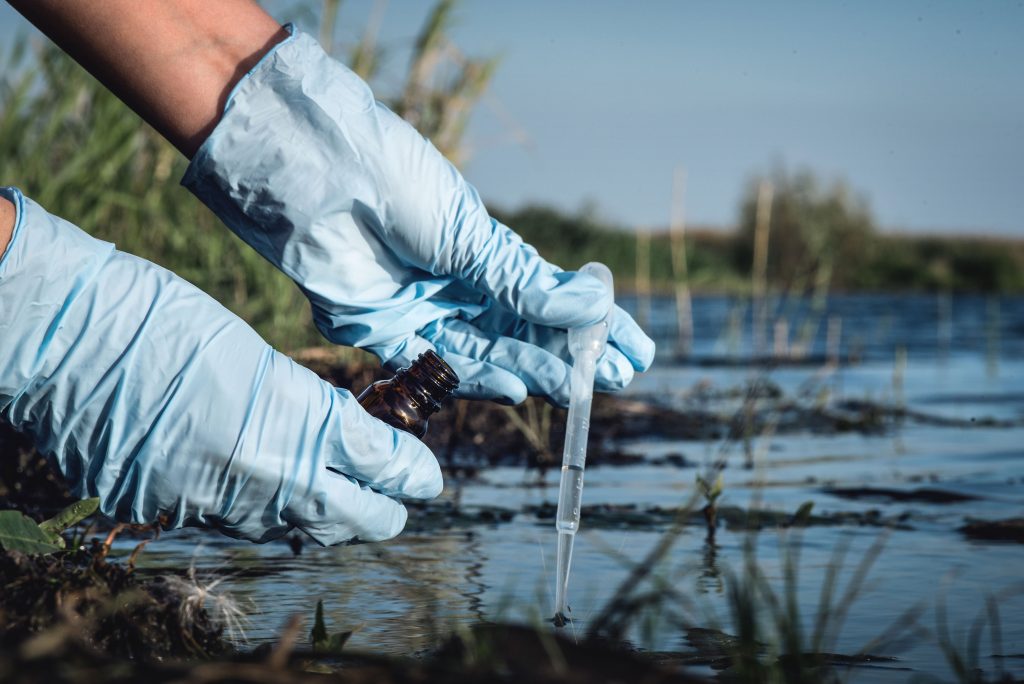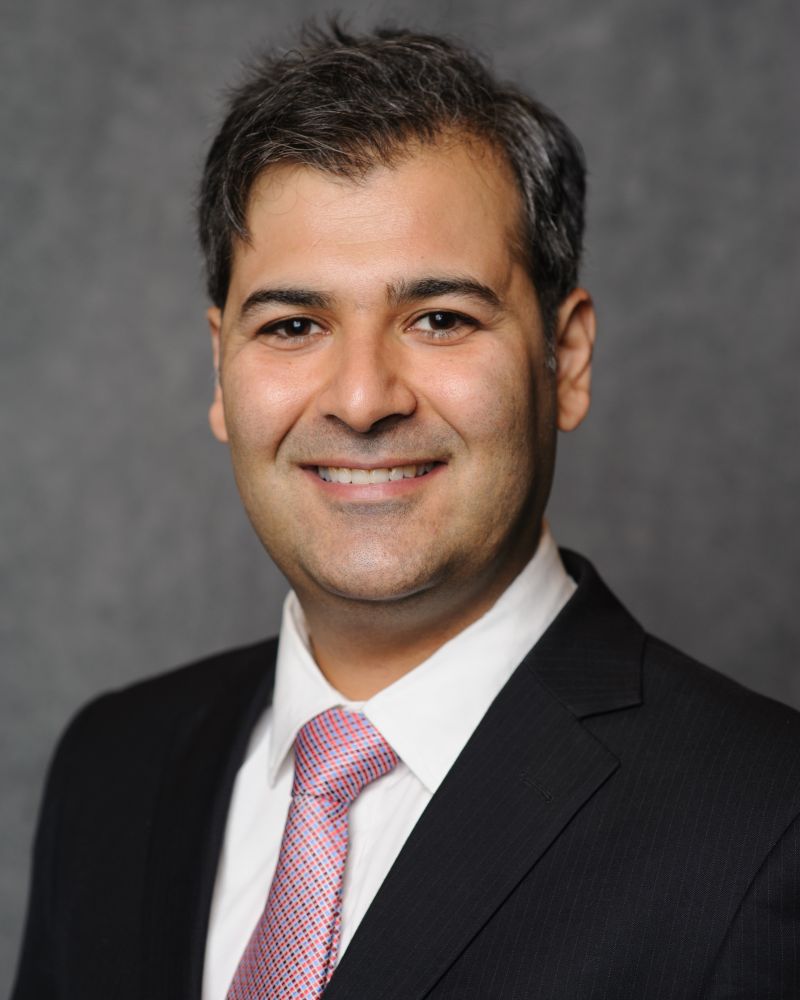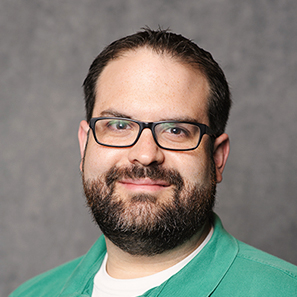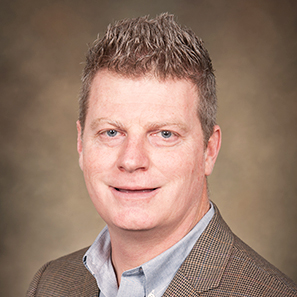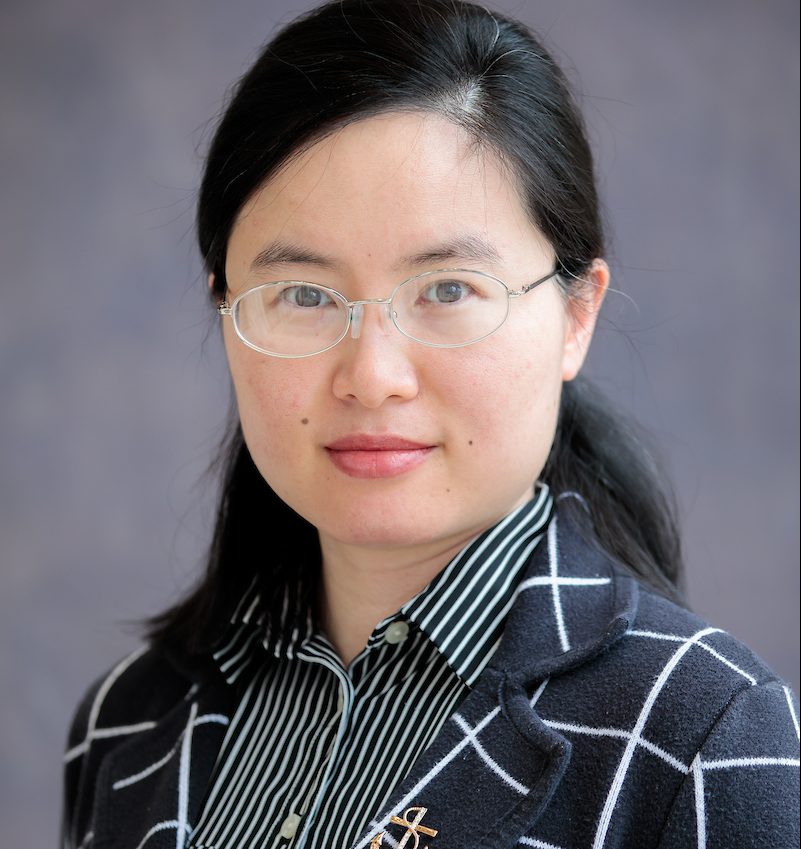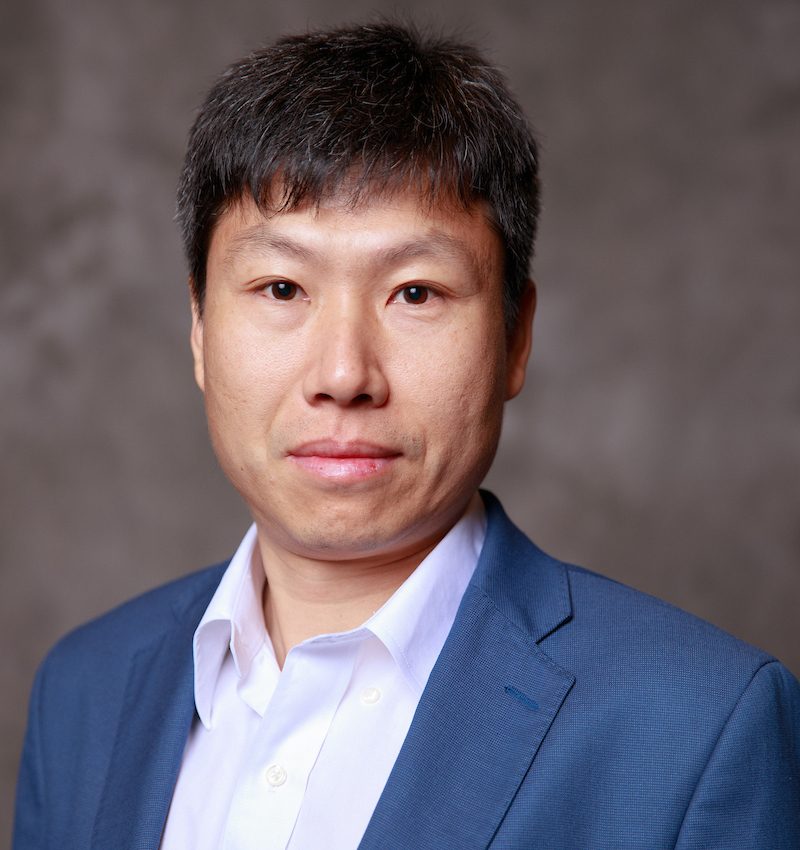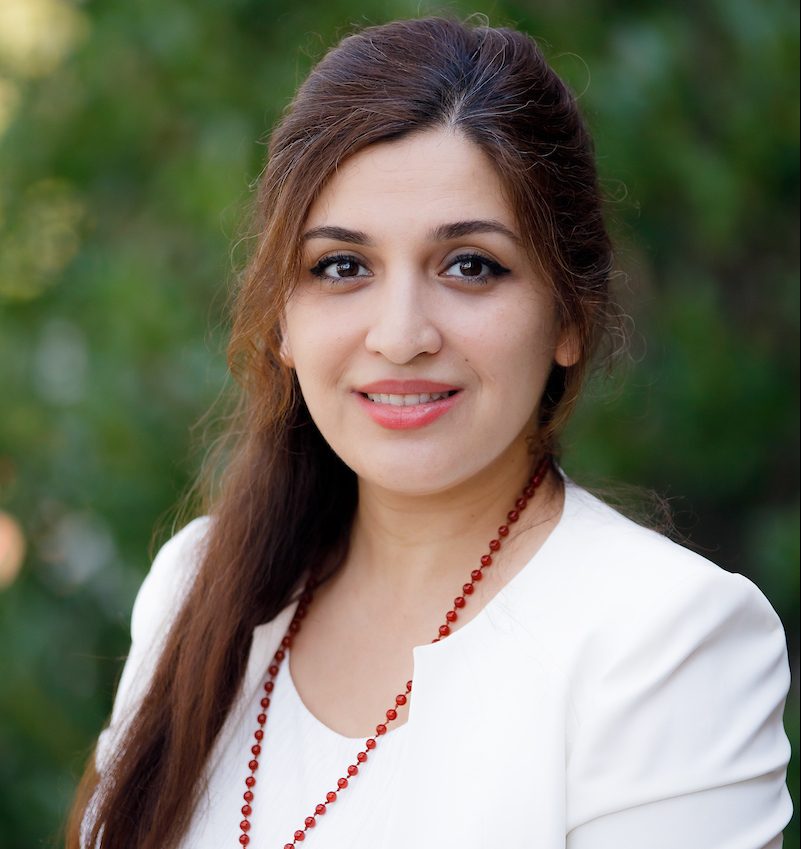TUSCALOOSA, Ala. – In continued support of its mission to enhance water research and train the next generation of scientists, the Alabama Water Institute recently awarded $180,640 in new grants to eight University of Alabama faculty members through its AWI Equipment Support Program.
This latest round of funding provides essential equipment to research teams working on innovative solutions to today’s most pressing water-related challenges.
Dr. Milad Esfahani, associate professor in UA’s College of Engineering, was awarded $51,500 for a Brunauer-Emmett-Teller, or BET, surface area analyzer. The BET surface area analyzer enables precise measurement of surface area and pore size distribution in advanced porous materials, such as metal-organic frameworks, which are designed for removing pollutants from water. This model can analyze up to three samples at once under various gas environments, increasing testing efficiency and accelerating research. The data generated helps researchers validate that synthesized materials have the structural properties necessary for effective removal of perfluoroalkyl and polyfluoroalkyl substances, also known as PFAS and “forever chemicals”, heavy metals and micro- and nanoplastics.
“This advanced capability will significantly increase our throughput and enable more comprehensive characterization, accelerating the pace of our research,” said Esfahani. “By leveraging cutting-edge polymer and material science and applying it to real-world water treatment issues, we aim to create actionable solutions for improving water quality.”
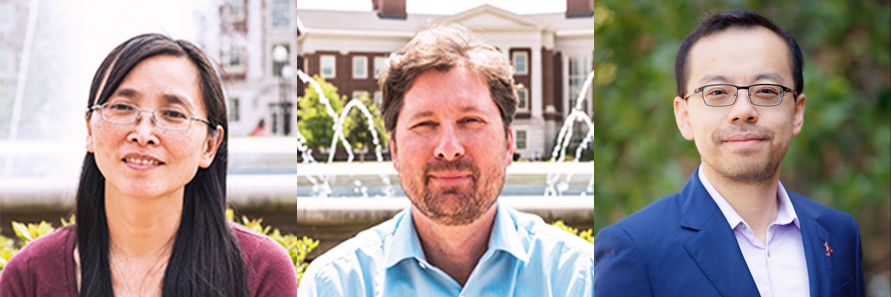
Dr. Qiaoli Liang, UA Department of Chemistry and Biochemistry Mass Spectrometry Facility manager, Dr. Greg Szulczewski, professor and department chair of chemistry and biochemistry, and Dr. Daqian Jiang, assistant professor in UA’s College of Engineering, have been awarded $40,000 toward the purchase of a SunCollect MALDI Imaging Sample Prep with Dispenser unit. It will enable high-resolution imaging and mechanism research on the spatial distribution of water pollutants, like PFAS and pesticides, in microbial cells, plant and animal tissues and their effects on metabolomic profiles.
“Our research will develop new methods for water pollutant detection and advance knowledge of their health impacts,” said Liang. “The methods have the potential to significantly reduce the time and cost of water quality monitoring for developed and developing countries globally.”
Dr. Michael McKain, associate professor in UA’s Department of Biological Sciences, was awarded $20,000 for a Thermo Scientific KingFisher Flex Magnetic Particle Processor. The KingFisher system dramatically increases the lab’s capacity to isolate DNA and RNA at scale, enabling processing of thousands of samples in a fraction of the time. This enhanced efficiency supports large-scale genomics research across watershed ecosystems, advancing efforts to monitor biodiversity, detect environmental threats and position UA and AWI as world leaders in ecological genomics.
“By increasing capacity, we can push the genomics-based research of CONSERVE to include ecosystem-scale and landscape-scale assessment of genetic diversity across ecological and cultural keystone species important to watershed ecosystem health,” said McKain.
Dr. Greg Starr, professor in UA’s Department of Biological Sciences, received $20,000 to purchase Eddy Covariance Equipment to upgrade aging equipment to the cutting-edge data loggers and soil sensors. This system measures the exchange of carbon dioxide, water vapor and energy between ecosystems and the atmosphere, providing high-resolution data critical for understanding ecosystem function, carbon cycling and the impacts of climate change on land-atmosphere interactions.
“This equipment is vital to our monitoring of evapotranspiration in our long-term productivity study of longleaf pine that has been running since the summer of 2008,” said Starr. “Additionally, the project has trained five graduate students, all of whom are working in a scientific field.”
Dr. Aijun Song, associate professor in UA’s College of Engineering, received $15,000 to develop a drone-carried echo sounder for bathymetric mapping. The funding will support the creation of an aerial platform capable of carrying and deploying an echo sounder—an acoustic device that measures water depth by sending sound pulses and analyzing their return time—to efficiently survey rivers and lakes.
“This equipment is being used to develop new research tools to support low-cost water surveys and to provide much-needed measurements to support water prediction,” said Song.
Dr. Lina Pu, assistant professor in UA’s College of Engineering, was awarded $15,000 for a water monitoring testbed enabled with edge computing and Internet-of-Things, or IoT. This equipment will be used to support research in edge computing for water environment monitoring, enabling real-time prediction of water quality parameters on low-power, resource-constrained devices. By processing data locally rather than relying on cloud-based systems, these edge devices allow for faster, more efficient decision-making in the field.
“This equipment also serves as a valuable educational platform to train students in practical, cutting-edge IoT and edge computing technologies,” said Pu.
Dr. Hongsheng He, associate professor in UA’s College of Engineering, received $12,000 for multi-parameter water quality sensors, which enable autonomous, in-situ monitoring and real-time analysis of key water quality indicators to support advanced modeling and prediction efforts.
“The water quality sensors will be installed on the SatLab autonomous echosounder boat for water quality research. The team will use the equipment to collect data and study water quality analysis algorithms and molecular measurements using AI/ML algorithms,” said He. “The equipment will enable water research in modeling, in-situ sensing, real-time analysis and partner with the AWI affiliated members to address great water research challenges. The research in autonomous sensing will advance water modeling and prediction capabilities.”
Dr. Sara Neshani, assistant professor in UA’s College of Engineering, received $7,140 an Optical IQ modulator, the core component of a Green FMCW LiDAR system designed for UAV-based bathymetric mapping, which uses laser technology to measure and map the depth and contours of underwater terrain in rivers and lakes.
“The UAV-based FMCW LiDAR could provide accurate bathymetry data at much lower cost, with low power requirements and frequent flight possibilities,” said Neshani.
This equipment helps further AWI’s commitment to enhancing water research capabilities and addressing water challenges through innovative technology and cross-disciplinary collaboration.
For more information about how to apply for AWI support programs and for deadlines, contact Stefanie O’Neill at soneill2@ua.edu.

